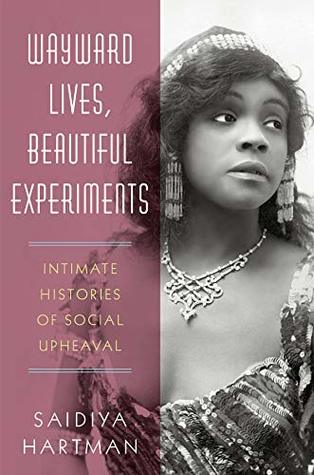More on this book
Community
Kindle Notes & Highlights
Read between
June 11 - June 20, 2020
The wild idea that animates this book is that young black women were radical thinkers who tirelessly imagined other ways to live and never failed to consider how the world might be otherwise.
Beauty is not a luxury; rather it is a way of creating possibility in the space of enclosure, a radical art of subsistence, an embrace of our terribleness, a transfiguration of the given. It is a will to adorn, a proclivity for the baroque, and the love of too much.
If she could feel deeply, she could be free.
She knew that beauty was not a luxury, but like food and water, a requirement for living.
She loved cashmere sweaters, not because they were expensive, but because the fabric felt so exquisite against her skin, like a thousand fingers caressing her arms, and the cool slip of silk undergarments against her flesh, smooth and releasing all that heat and fire, and the way a gold bracelet glinted and flashed in the sunlight and made the tone of her blue-black flesh so lush, as if right below the skin there were layers of indigo and ochre, a vortex of deep black in which you could los...
This highlight has been truncated due to consecutive passage length restrictions.
In the spring of 1918, she was sent to the Disciplinary Building for hiding stationery and stamps in her room.
A teacher is supposed to model what you can be, not tell a child that there is nothing waiting for her.
Lofty ideals and racist aversion went hand in hand. His classmates were enlightened enough to be seated in the same lecture hall with him, but that defined the extent of their hospitality and engagement. When circumstance or proximity made conversation unavoidable, it followed a predictable course.
He wanted to say, no to shout: One is not compelled to discuss the Negro question with every Negro one meets or tell him of a father who was connected with the Underground Railroad; one is not compelled to stare at the solitary black face in the audience as though it were not human; it is not necessary to sneer, or be unkind or boorish, if the Negroes in the room or on the street are not all the best behaved or have not the most elegant manners; it is hardly necessary to strike from the dwindling list of one’s boyhood and girlhood acquaintances or school-day friends all those who happen to
...more


